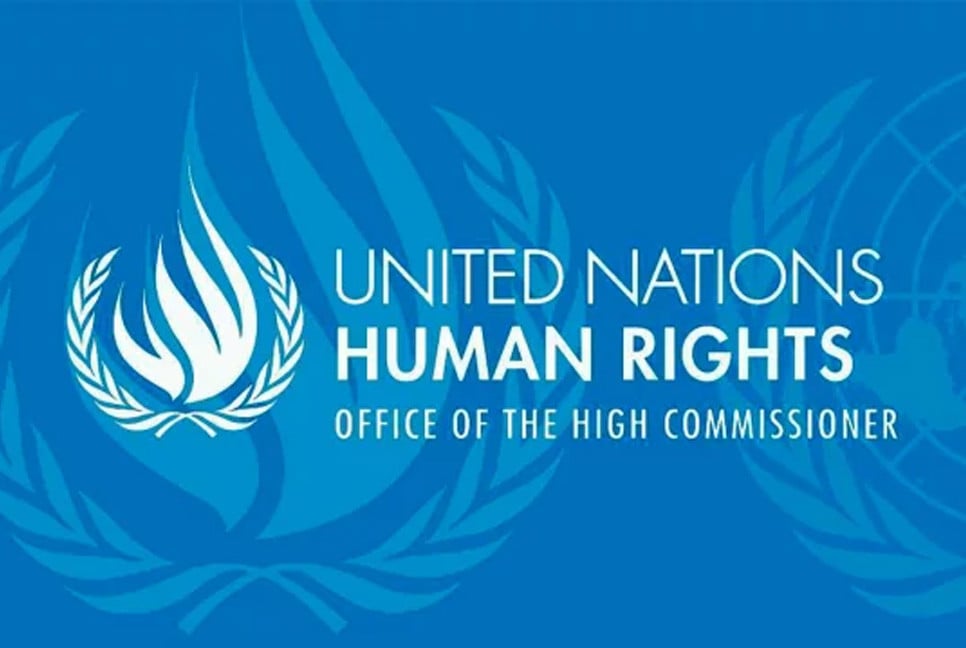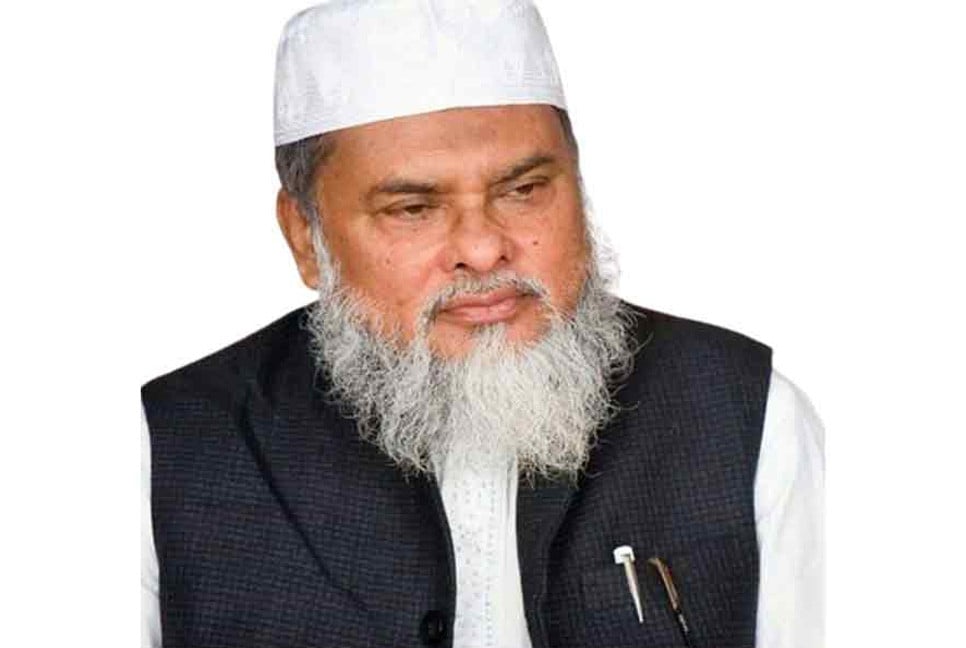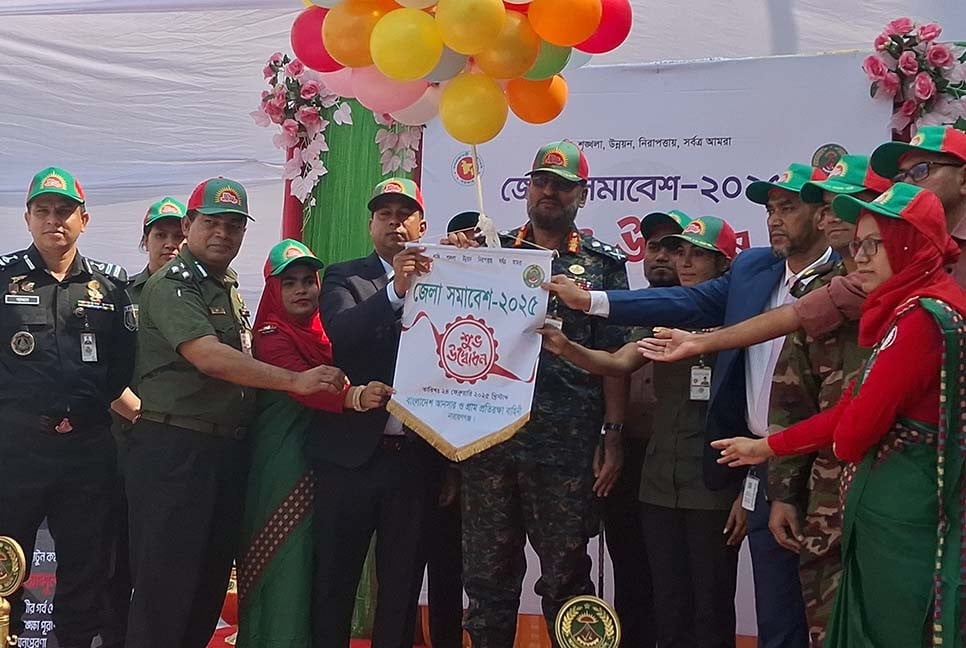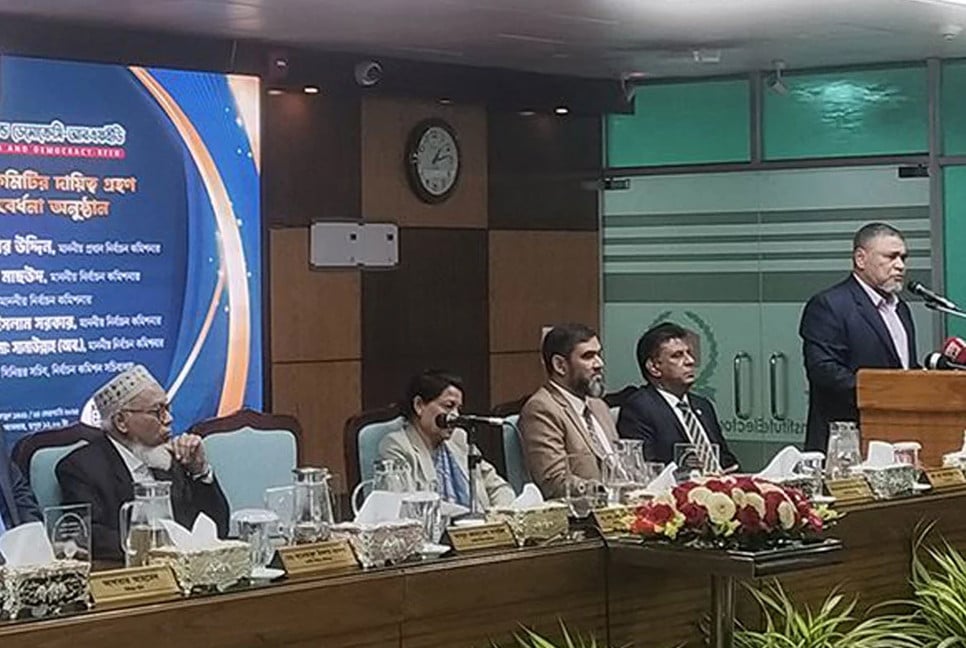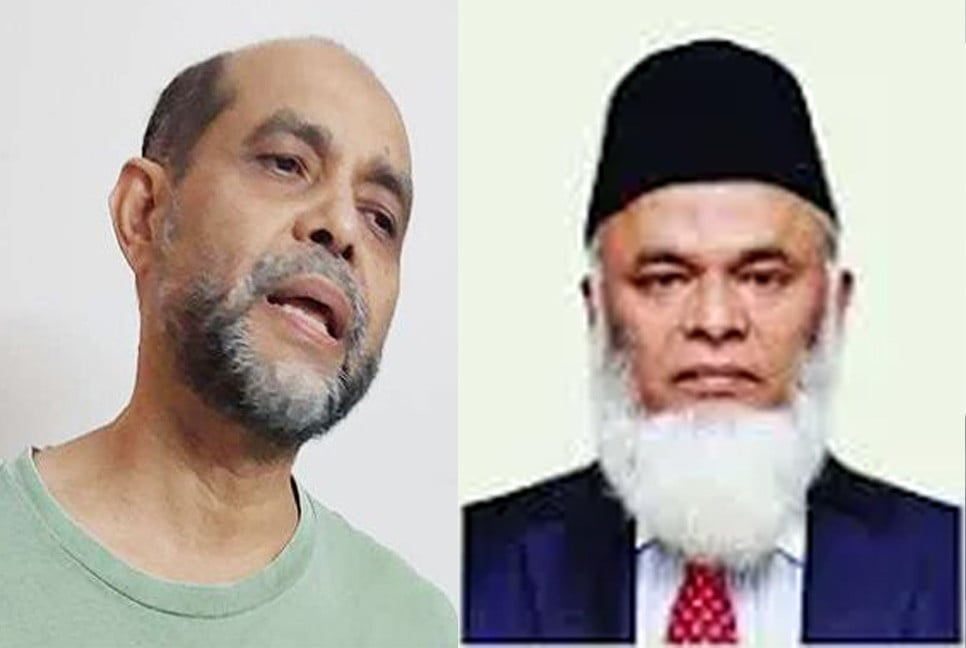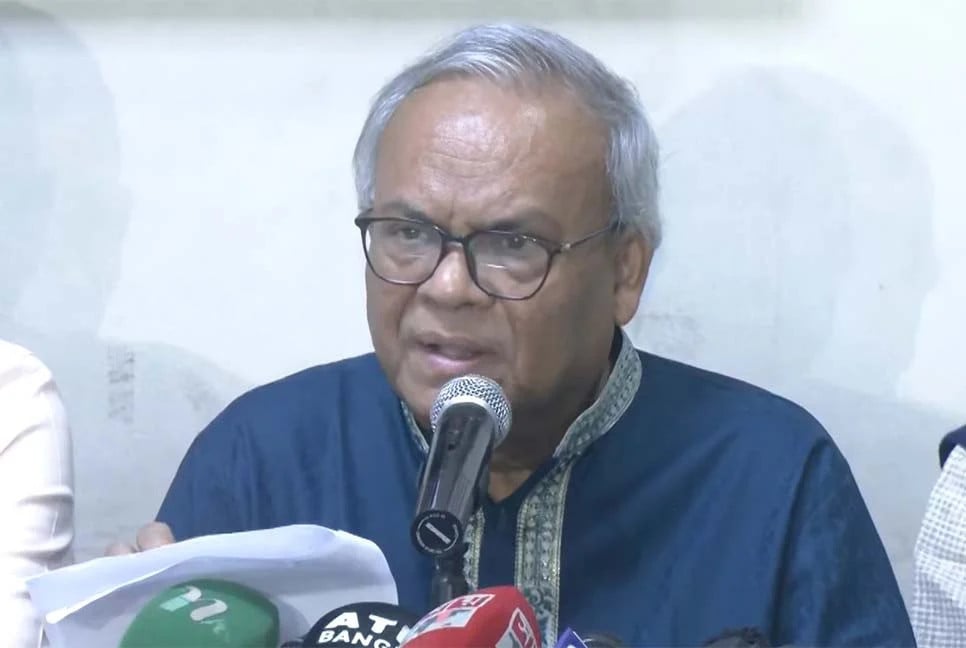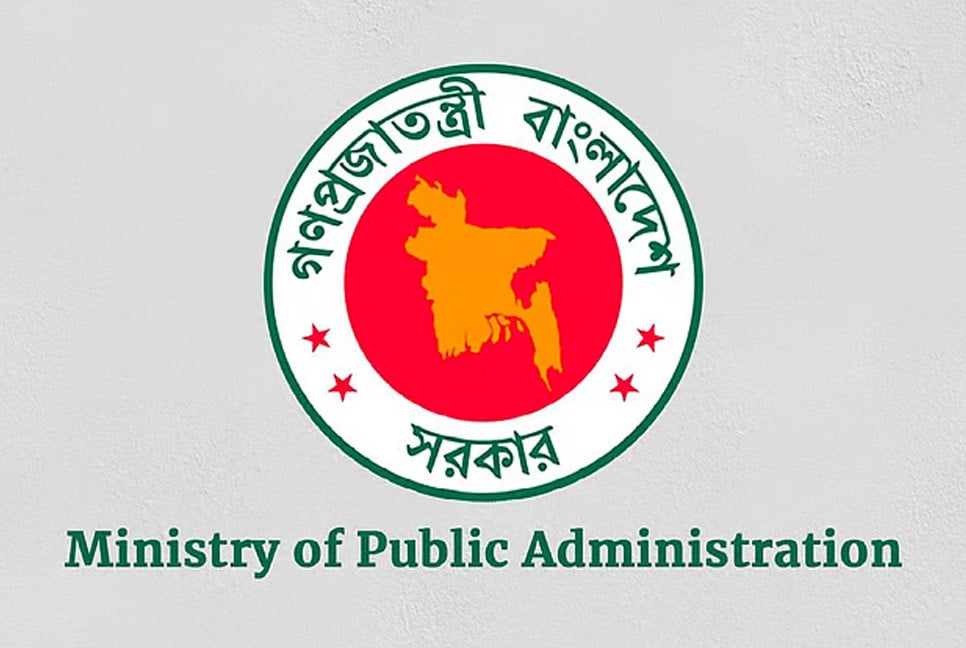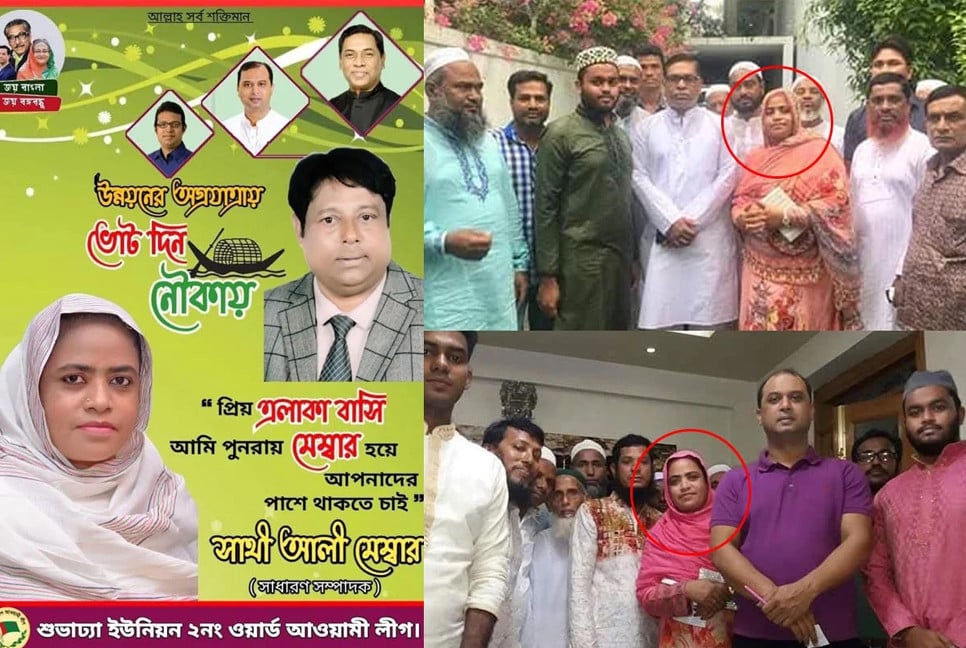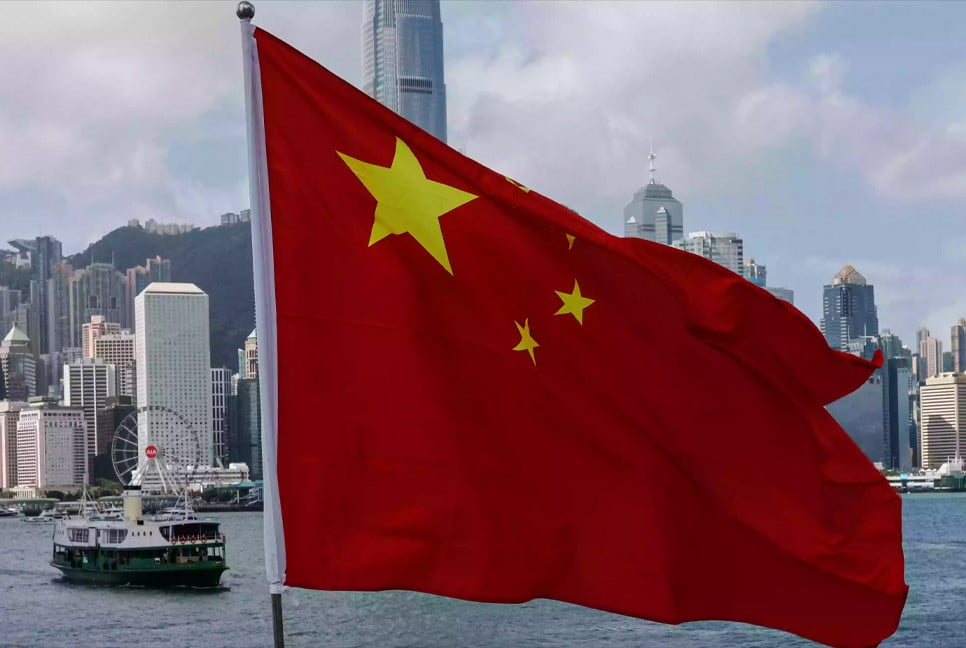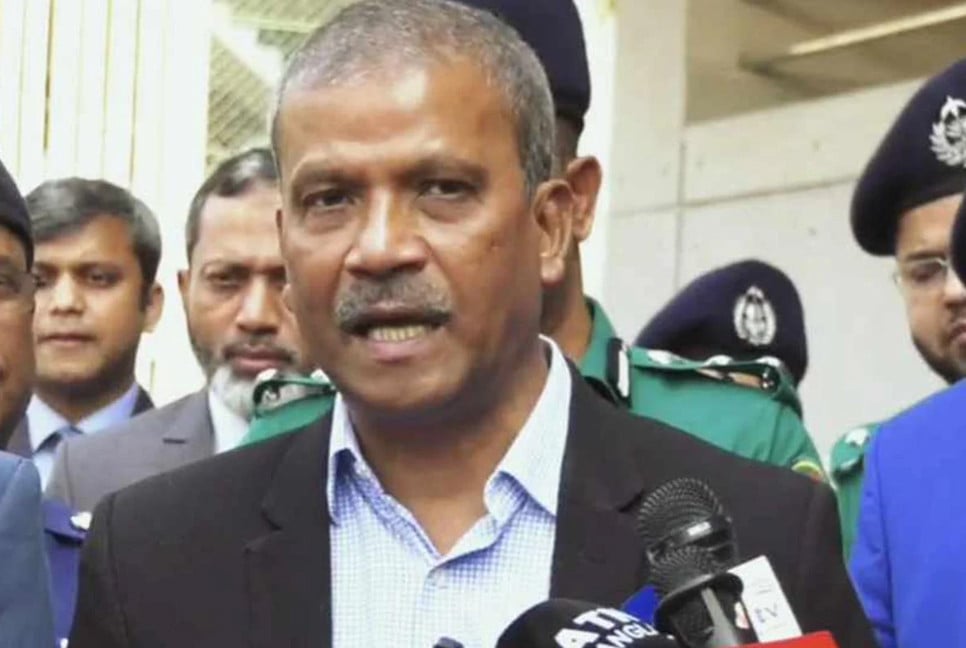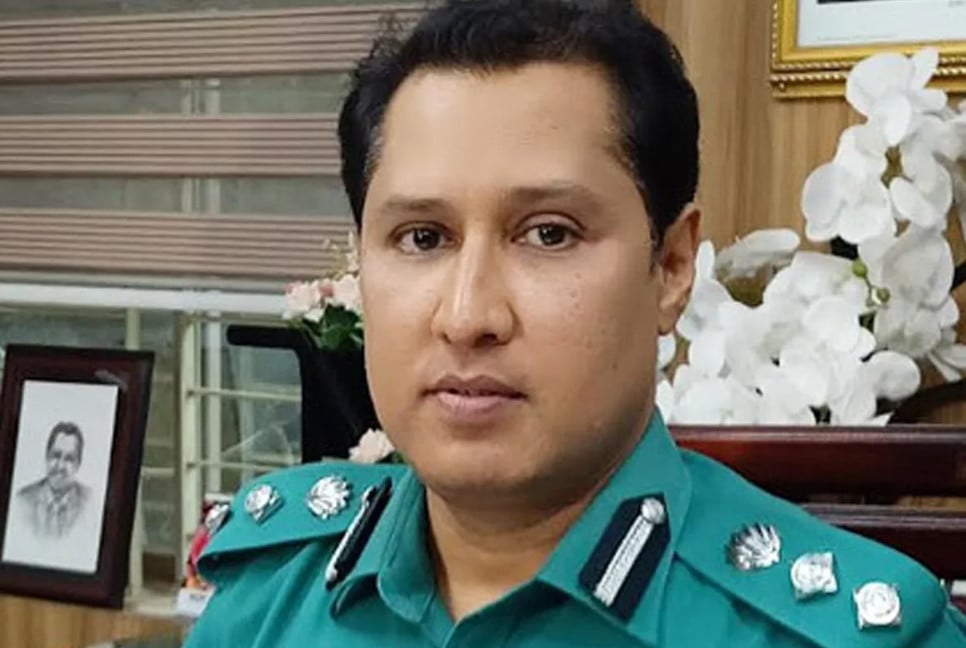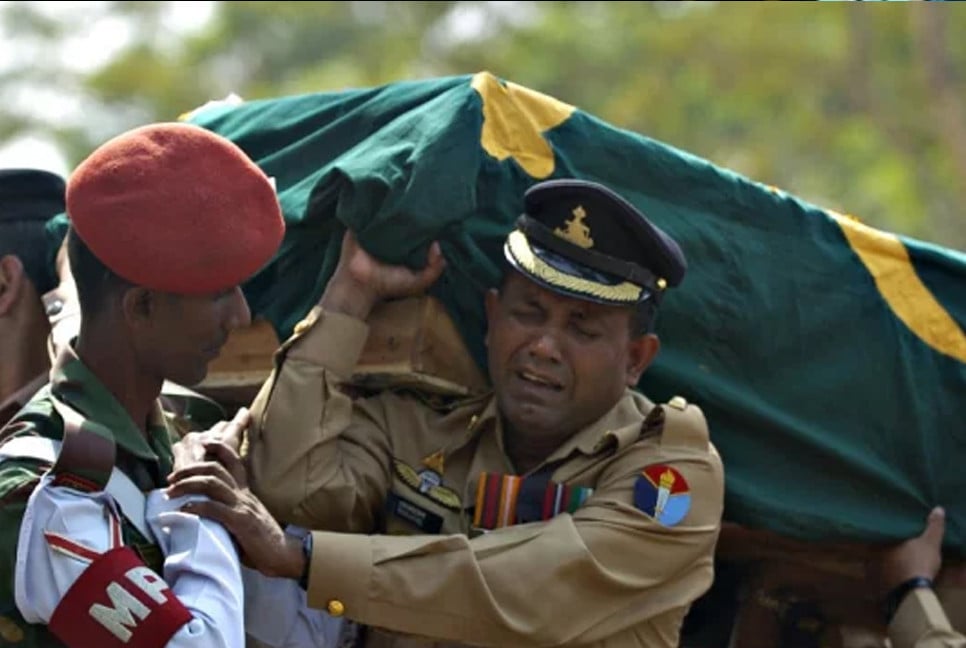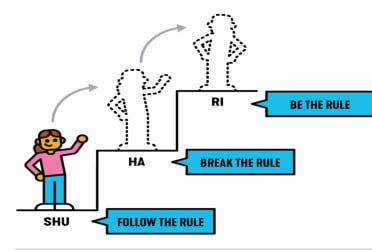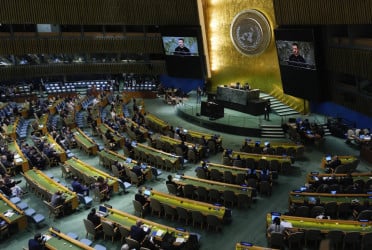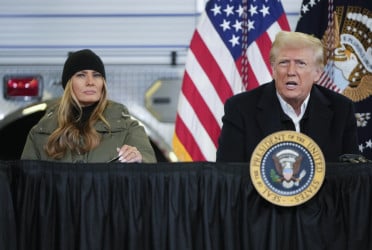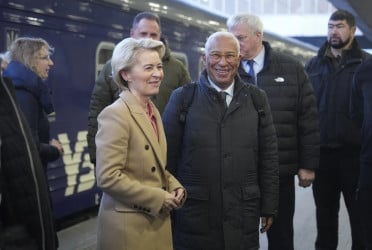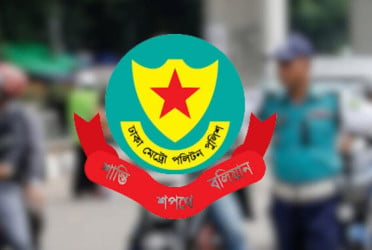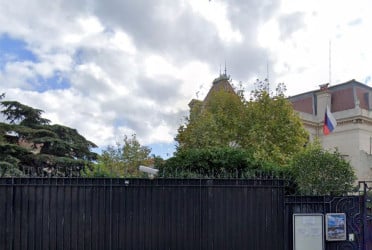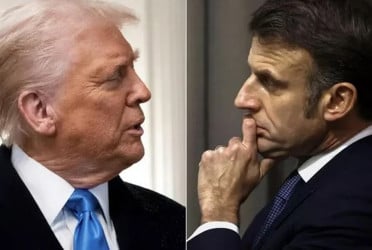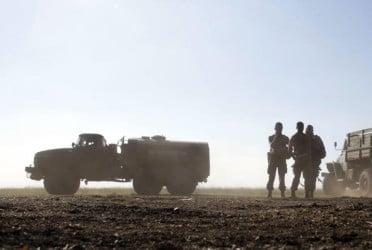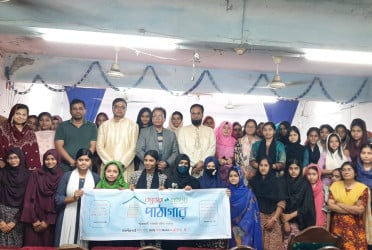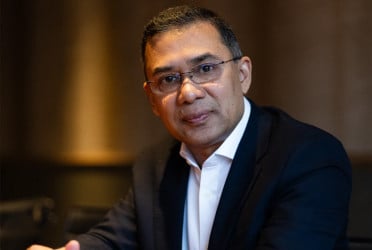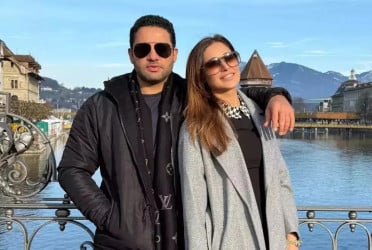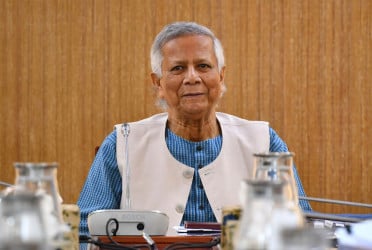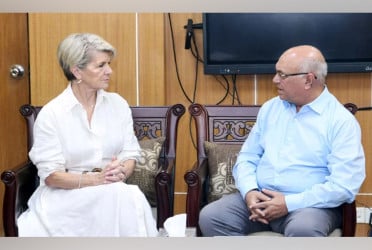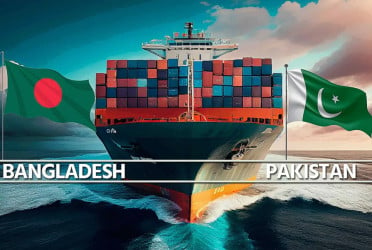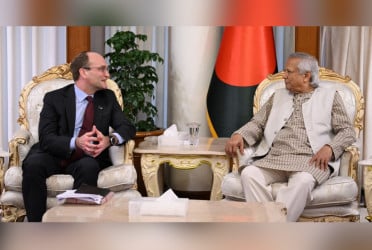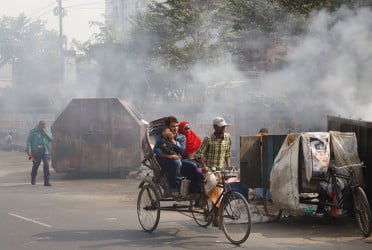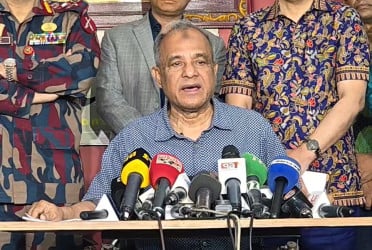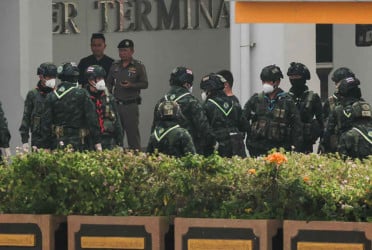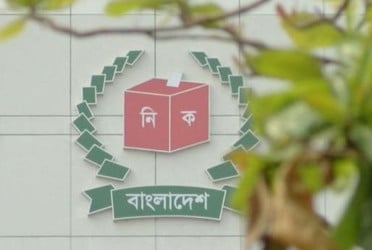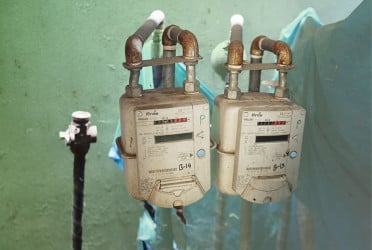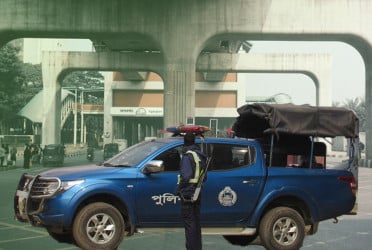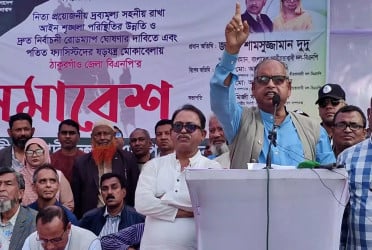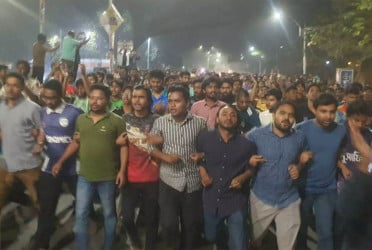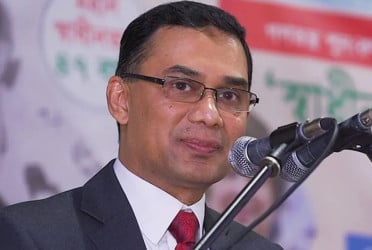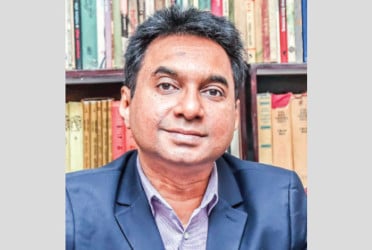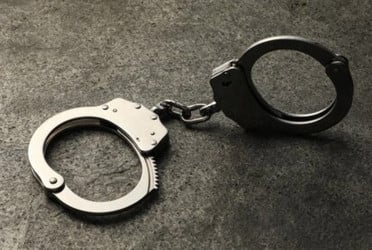The UN rights office has found the past Bangladesh regime to have used the justice system alongside the security apparatus in its efforts to choke the civil society through repressive legal and institutional frameworks, reports BSS.
"The justice system along with the security apparatus was used by the former Government to spearhead efforts to stifle Bangladesh's vibrant civil society," read the report of the Office of the High Commissioner for Human Rights (OHCHR) Fact-Finding Report released in Geneva earlier this month.
It said under an increasingly repressive legal and institutional framework, civil society organizations, opposition activists, journalists, trade unionists, lawyers and victims fighting for justice were subjected to intimidation, harassment, false legal charges and, in some cases, arbitrary arrest, enforced disappearance and murder.
The report observed that the Foreign Donation (Voluntary Activities) Regulation Act 2016 gave government officials extensive powers to inspect, monitor, and evaluate the activities of NGOs and their members.
The NGO Affairs Bureau, operating under Prime Minister's direct authority was "used to stifle dissent by revoking NGO registrations, blocking foreign funding and delaying project approvals" forcing several rights groups, critical of the government, to close or stop their activities as a result.
The OHCHR said the Foreign Donation Act, Anti-Terrorism Act 2009, Official Secrets Act 1923, defamation related provisions in the Penal Code, Information and Communication Technology Act 2006, Digital Security Act 2018 and subsequent Cybersecurity Act 2023 contained "broad and vague criminal offenses".
"These (laws) have been used to bring charges aimed at intimidating and silencing journalists, human rights defenders and political opposition activists, among others," the report said adding "overly broad powers" of arrest, search, seizure and surveillance, without sufficient judicial oversight, attach to many of these criminal provisions.
It said the former government had built a pervasive Internet, telecommunications and video camera (CCTV) surveillance architecture and "surveillance was used to guide targeted arrests and enforced disappearances of civil and political dissenters and to gather compromising information on them".
The report noted that the National Telecommunications Monitoring Centre (NTMC) sits at the heart of this surveillance architecture while it operates sophisticated surveillance equipment and software, reportedly obtained from Israeli and other foreign companies.
It also noted that police, DGFI, NSI, RAB and other security forces were integrated into the NTMC structure allowing them extensive and unchecked access to surveillance information.
"The NTMC bases its claims to vast surveillance powers on vague provisions in the Bangladesh Telecommunications Regulation Act that fail to regulate digital surveillance in line with international standards," the OHCHR report read.
The UN rights office suggested the suppressive provisions be repealed or amended in line with international human rights standards.
But as an immediate step it recommended moratorium on arrests, investigations or prosecutions under overly broad criminal provisions that have historically been used to stifle critical media reporting or civic and political dissent particularly in Cyber Security Act 2023, the Official Secrecy Act, Anti-Terrorism Act and the criminal defamation provisions of Penal Code.
"Curb overly broad powers of arrest, search, seizure and surveillance under these Acts as well as the Special Powers Act 1974 and ensure appropriate judicial oversight over these powers," the report read.
The OHCHR called for ensuring effective, fair, impartial and comprehensive processes to investigate and prosecute extrajudicial killings, torture and other ill-treatment, enforced disappearance and sexual and gender-based violence, including cases that predate the 2024 quota protests, and cases of revenge violence.
"Provide the justice sector with the funding and staff necessary to reassume a genuine oversight over law enforcement operations, including arrests, searches, seizures and surveillance measures, while institutionally protecting it from political interference by government or political party officials," the report suggested.
Bd-Pratidin English/ AM

